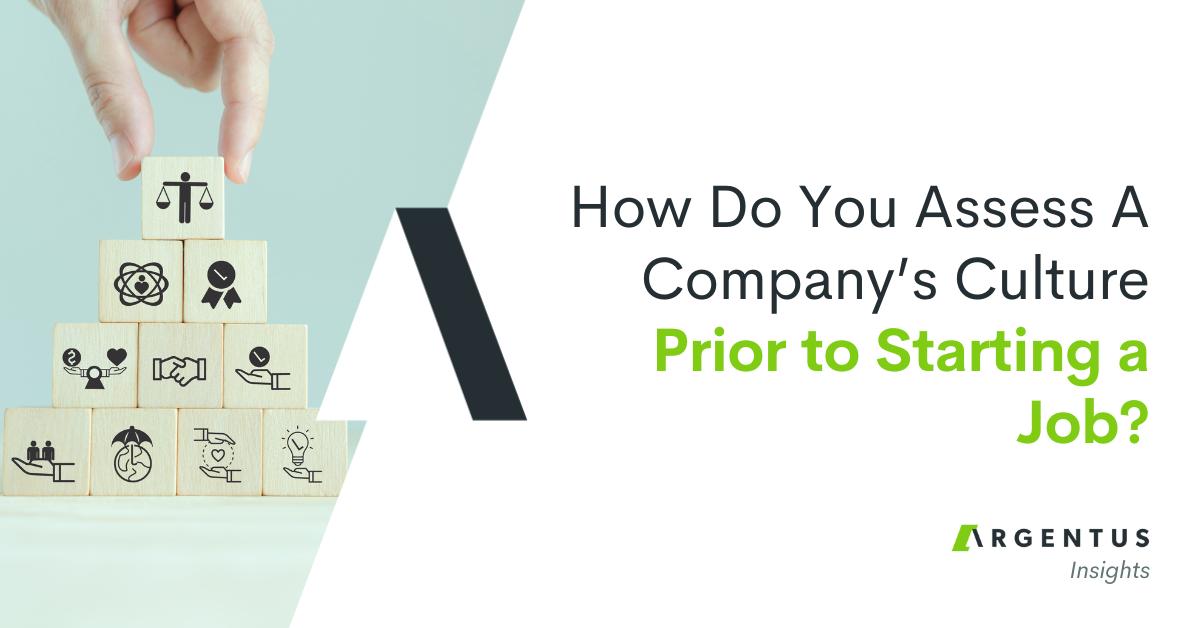As we’ve chronicled over the past few years, digital technology has transformed Supply Chains around the world. Companies relying on Supply Chain Managers – and their sophisticated suite of techniques in strategic sourcing, logistics, distribution, network optimization – have increasingly adopted digital platforms to gain insights about the way goods are flowing from production to market. It’s a big driver of Supply Chain’s increased prominence in companies, as well as a big source of competitive advantage.
Top companies like Unilever, Johnson and Johnson, Nike and Walmart have leveraged big investments in digitizing their Supply Chains to rise to the top – as recognized by Gartner’s annual list of the top 25 Supply Chains in the world. In the most competitive industries, the winning companies have realized that Supply Chain flexibility and agility are key to growth. They’ve realized that supplier visibility and Supply Chain sustainability are some of the best ways to meet consumers’ increased demand for social responsibility in the companies they buy from.
But as we’ve also chronicled, finding the people who can take your Supply Chain from “adequate” to “excellent” is harder than ever. Demand for Supply Chain talent has outstripped Supply – and the digital revolution has increased the skills requirements for truly impactful Supply Chain professionals, compounding the problem.
Emerging technologies promise to further revolutionize the Supply Chain over the next 10 years – what some have dubbed the “NextGen” Supply Chain. These technologies include:
- Automation
- Robotics
- Cloud Computing
- Internet of Things (IoT)
- Machine Learning
- Augmented Reality
They’re a promising source of continued sophistication and advantage in the marketplace, but they’re tough to implement. We recently read an excellent report from the Materials Handling Institute (MHI), a major U.S. Supply Chain trade association, which digs into the talent crisis from the perspective of technology skills in particular.
The MHI surveyed leaders within the Manufacturing and Supply Chain industries, half of which are in executive-level positions, about their biggest challenges in implementing NextGen Supply Chain technologies. It evaluated the biggest structural barriers to implementing these technologies.
Unsurprisingly, the survey found that the biggest challenge for Supply Chain leaders was hiring qualified workers – with 65% of respondents saying it was an “extremely challenging” or “very challenging” concern.
As the report describes it, “companies continue to be severely hampered in their ability to implement digital technologies due to the shortage of workers with the necessary skills to run them.”
According to the leaders surveyed, hiring is a bigger challenge than:
- Customer demands for faster response times,
- Forecasting,
- Rising customer service expectations, and
- Instituting supplier transparency along the Supply Chain.
Any Supply Chain leader knows how tough the above tasks are, so it says a lot that they see hiring as an even bigger challenge. And if you’re finding that in your own organization, you’re not alone.
Executives – even at companies with a high level of Supply Chain sophistication – are more aware than ever of the immense possibilities in these NextGen technologies, but almost all of them report that they’re struggling to hire the people who can implement them properly. Without the requisite talent, they’re hesitant to embrace these technologies wholeheartedly. That creates a bit of a chicken and egg issue, because those companies’ hesitancy makes them less attractive to the best digital talent in the first place.
It’s a thorny problem, and a real wrinkle in the already-raging battle for Supply Chain talent.
These technologies have the potential to combine to create an end-to-end Supply Chain that’s more intelligent and flexible than ever before. The vast majority of leaders surveyed acknowledged that these technologies will have a major impact on Supply Chains in the next 10 years, which makes it even more dire if your organization is having problems hiring.
As George Prest, the CEO of MHI put it in the report, “as the pace of Supply Chain innovation escalates, so does the price of inaction. Leaders will outpace their competitors faster than ever.”
Solving this problem and competing in this talent market is tough, but it’s not impossible. The report outlines some strategies that organizations can take, to help develop their talent acquisition and retention in this space. Here are a few of their takeaways:
- Organizations should dedicate a C-suite individual to act as a champion for developing a strategy when hiring digital talent.
- They should invest in continuous education and learning for their existing employees.
- They should pair digital natives with Supply Chain leadership in “reverse mentoring” programs, which can help educate leaders on digital opportunities, while educating more junior employees in strong Supply Chain fundamentals.
- Hiring functions should target their recruitment efforts towards new digital skillsets, and use cross-functional teams of digital natives to identify the lowest hanging fruit. Too many companies are hiring based on existing skillsets, rather than even including NextGen skillsets in their requirements, which would be a start.
It’s just scratching the surface, but the full report digs into more detailed strategies for how to get your digital Supply Chain off the ground.
MHI’s report is fantastic, if you haven’t checked it out. It goes on to offer some pretty compelling case studies from companies whose digital transformations have led to massive supply chain improvements, including a company that developed AI for smart picking, and another that transformed its warehouse operations by developing autonomous robots that used real-time demand data.
If you’re a Supply Chain leader we want to hear from you: Do you agree with the report’s conclusions that hiring is the biggest challenge in Supply Chain? We have some more ideas and know some great people, if you want to speak to us directly. ![]()




0 Comments